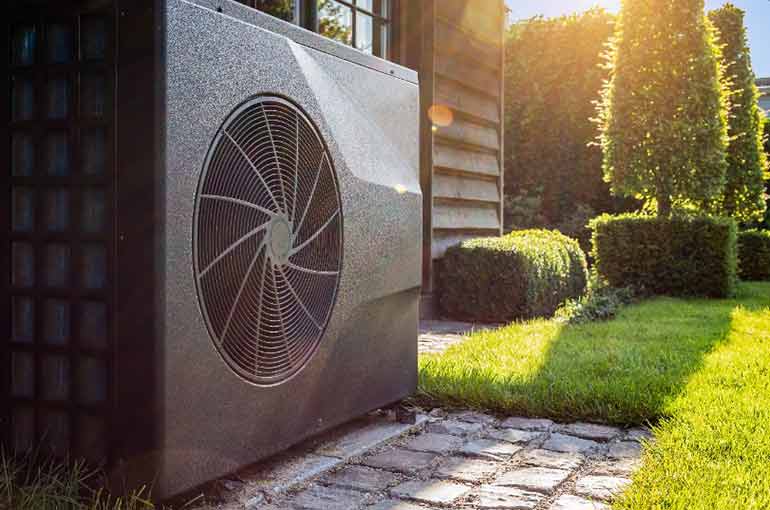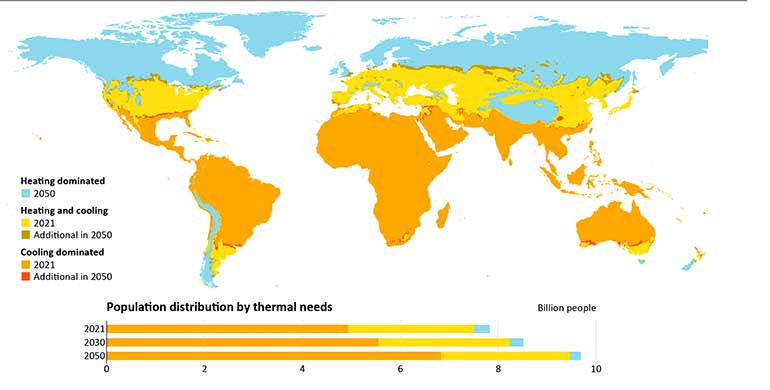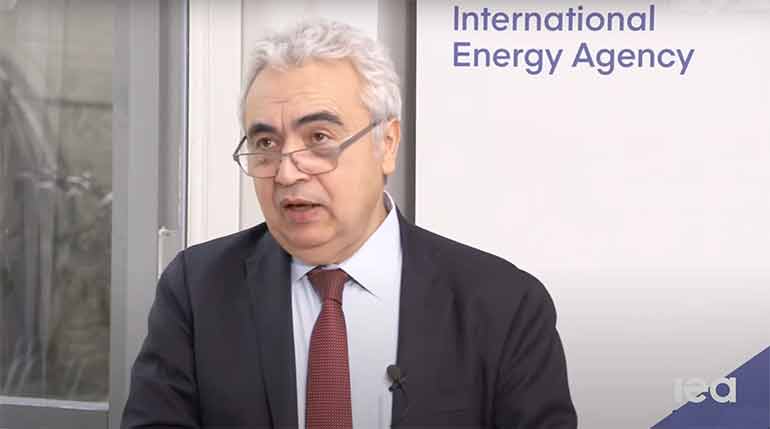Heat pumps “indispensable” to cut emissions
30th November 2022
FRANCE: The International Energy Agency (IEA) has described heat pumps as “indispensable” in efforts to cut emissions and has urged policy makers worldwide to put their weight behind the technology.
Speaking at the launch, today, of its new report, The Future of Heat Pumps, IEA executive director Fatih Birol said: “Heat pumps are an indispensable part of any plan to cut emissions and natural gas use, and an urgent priority in the European Union today.
“The technology is tried and tested, even in the coldest of climates. Policy makers should be putting their weight behind this technology that is witnessing unprecedented momentum at the moment. Heat pumps will be central to efforts to ensure everyone can heat their homes this winter and next, to protect vulnerable households and businesses from high prices, and to meet climate objectives.”

The IEA estimates heat pumps have the potential to reduce global CO2 emissions by at least 500 million tonnes in 2030 – equal to the annual CO2 emissions of all cars in Europe today.
The 110-page report maintains that, while heat pumps cost less to run over their lifetimes than fossil fuel boilers, the support of governments is needed to help consumers overcome heat pumps’ higher upfront costs.
“All the pieces are in place for the heat pump market to take off, reminiscent of the trajectory we have seen in other key climate technologies like solar PV and electric vehicles,” said Dr Birol. “Heat pumps address many of policy makers’ most pressing concerns on energy affordability, supply security and the climate crisis. Policy measures are in place today, but they need to be reinforced urgently to allow heat pumps to fulfil their significant economic and environmental potential.”

The report, the first comprehensive global outlook on the subject, presents solutions to some of the barriers that would inhibit the rapid expansion of heat pumps. While heat pumps will inevitably increase electricity demand, their energy efficiency, alongside improved grid planning, could greatly reduce the impacts on the grid.
It also sees special training programmes and the inclusion of heat pumps in certifications for plumbers and electrical engineers as a way to help avoid the risk of shortages in skilled labour.
“The additional global upfront investment in heat pumps required to reach announced climate pledges reaches $160bn annually by 2030. However, these costs are outweighed by the economy-wide savings on fuel, especially if energy prices remain close to their current levels,” the report says.
“Two weeks ago COP27 stressed the urgent need for faster climate action, and today’s IEA report emphasises that heat pumps are the main building block for decarbonised, flexible and reliable heating”, said Thomas Nowak, secretary general of the European Heat Pump Association. “We hope the message is heard by countries around the world and is followed by rapid action on the ground.”
Copies of the report can be viewed and downloaded here.







